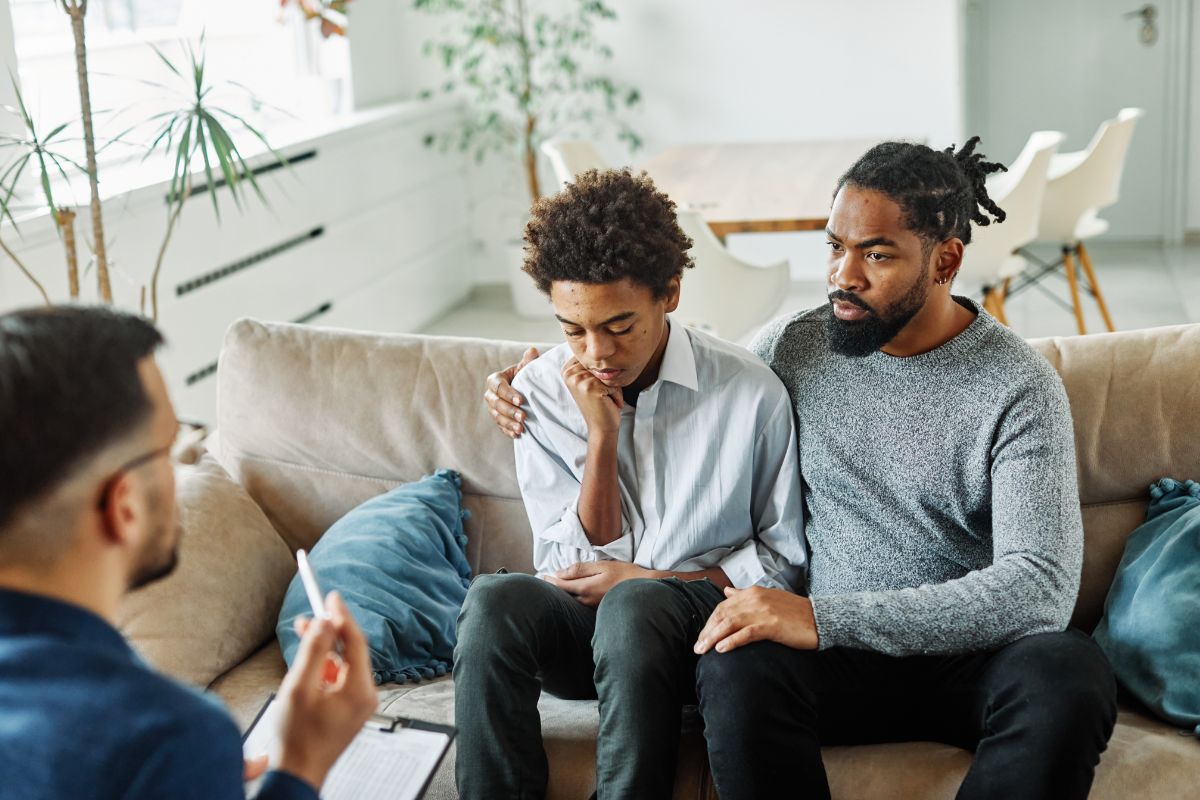Teenage Depression and Social Media
With teens dealing with depression, social media can be a double-edged sword, and indeed in today’s world there’s even the term “social media anxiety.” Some reports say spending too much time on social media can increase teenage depression, while other reports show how social media can help if it’s used correctly.
One of the conundrums of social media is that many would recommend that you disconnect from it to ease anxiety and depression, but try to imagine teenagers disconnecting from social media without freaking out. And indeed, a lot of teenage fear and depression can be created by feeling disconnected from the world.
There’s also the term “Facebook depression,” which can strike teenagers when they spend too much time looking at other people’s lives online, a phenomenon called “compare and despair.” In other words, you’re convinced other people’s lives are far better from yours, even though you’re seeing snapshots, not the entire picture of someone’s life. (For many teenagers who suffer from depression, one of the big factors is a poor, distorted self-image, which comparing & despairing can certainly help perpetuate.)
There was even a study conducted which showed that teenagers who are constantly using social media are more likely to suffer depression than people who only use two or less social media platforms. It’s gotten to the point where celebrities like supermodel Gigi Hadid announced taking a holiday from social media in order to cut down on anxiety. But at the same time, teenagers who suffer from depression and anxiety have also found help and a network of similar people who have reached out for help on social media as well.
The double-edge sword of social media is fascinating. Going onto Instagram, for instance, to talk about your problems, can open up a floodgate of trolling and make your problems feel even worse, but as The Week reports, a research study on Instagram has found that sometimes it can provide support for those who suffer with teenage depression. However, the truth remains that people suffering from depression should always seek proper treatment.
A report on The Week had mentioned that on some Instagram accounts, there’s an outpouring of sympathy from fellow teens, with many of the responses telling people, “I know how you feel,” the most popular response. The second most popular is, “You are so strong.”This report also mentions that the photo hues on Instagram have been studied, and a user’s photos can be flagged if people feel they’re at-risk. These features were developed by the National Eating Disorders Association, and the National Suicide Prevention Lifeline.
As Dr. Melinda Ring told CNN, she worried about her son’s teenage depression, and also wanted to monitor his social media habits. Her son reached out to others suffering from depression, and soon had over 6,000 followers, “reinforcing that his message of hope and support was needed and appreciated. It has been clear that allowing him to have his own voice has strengthened his resolve to stay on a positive path.”
For those suffering from teenage depression, spending time on social media will never replace recognizing the problem and seeking treatment, but for a lot of young people, they’re turning the net into a better experience instead of lowering themselves into the trolling quagmire, and it may not be a bad first step in seeking help.
For many teenagers, depression can be considered “a phase,” part of the rough transition into adulthood, but for many it can last a lot longer and deeply affect their lives. Where depression can often be a reaction to a bad home life, school, social pressures, and other factors, it can also be because of a chemical imbalance. Signs that parents should watch out for include excessive sleeping, withdrawn behavior, eating too much or eating too little, apathy, excessive guilt, and acting out with irresponsible behavior.
While there’s more attention than ever on mental illnesses in teens, such as depression, bipolar disorder, and OCD, many don’t seek help. (This is also another sign, many teens retreat into themselves instead of seeking help.) Even with so much you can learn from the internet, and forums where you can reach out to fellow teens suffering from depression, it’s always best to get the right diagnosis by talking one-on-one with a doctor or therapist, especially when you need the right anti-depressant. Never take it upon yourself to self-medicate.



